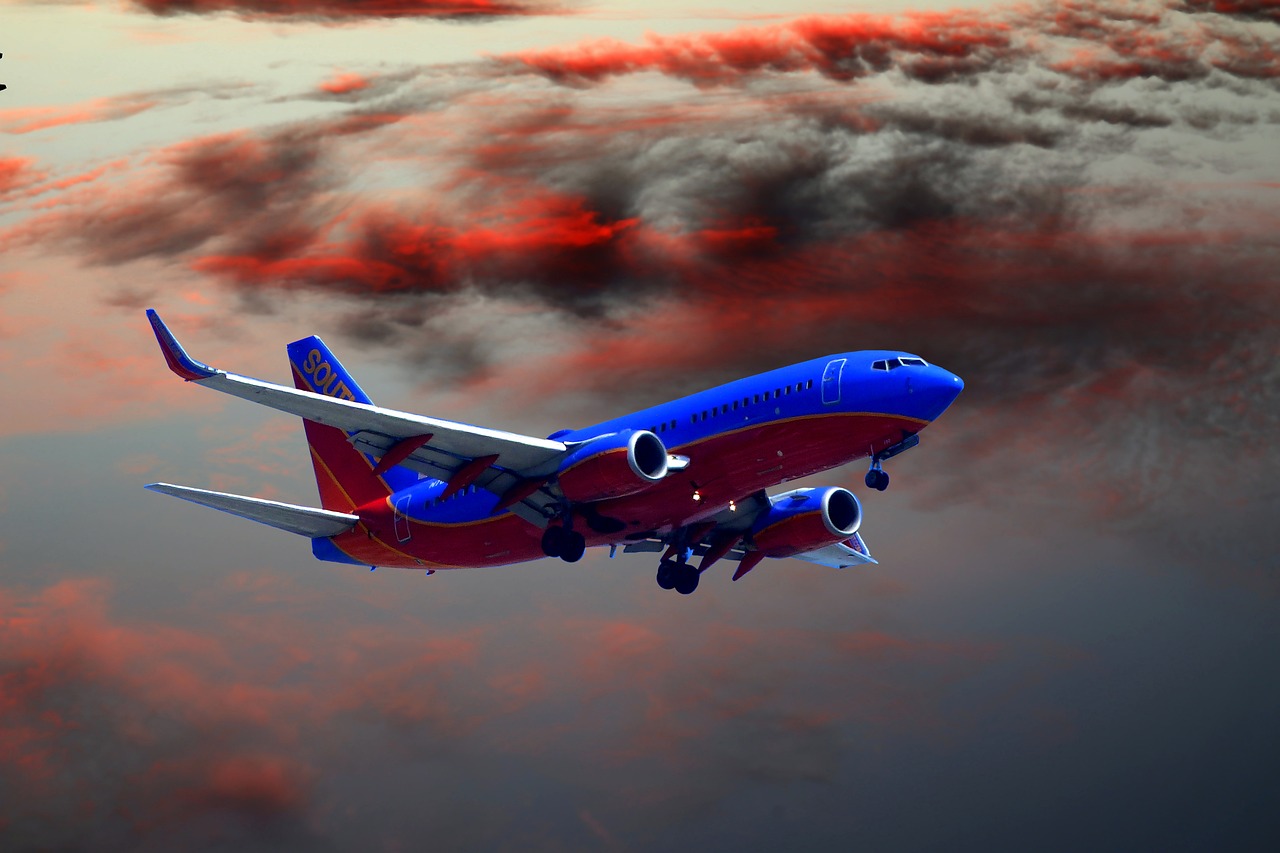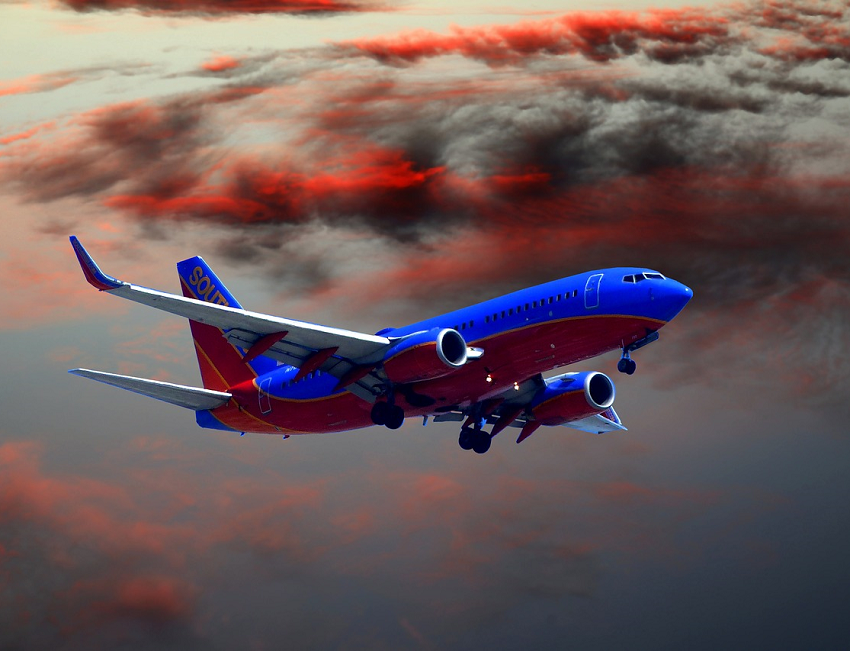The Brazil Customs Authority has initiated the implementation of the CCT Aéreo (Cargo and Transit of Foreign Goods for Air Transport) to streamline cargo control for foreign goods transported by air. This rollout of new measures commenced on 20th January 2023 and is going to have a far-reaching effect on the air freight forwarders.
Starting from July 1st, air freight companies had to modify their import process for goods entering Brazil. The introduction of the Cargo and Transit Control (CCT) Import System marks a significant shift in import procedures. This new system operates within the “Portal Único de Comércio Exterior” (Foreign Trade Single Portal) and is presently controlling cargo and transit for imports. Gradually, it will replace the existing Mantra System, streamlining and enhancing the import control process for more efficient trade operations. Therefore, air freight forwarders should familiarize themselves with this new system to ensure seamless compliance and successful import transactions into Brazil.
This blog intends to inform the air freight forwarders within our network doing business in Brazil about the implications of the new customs regulations in the country.

The new customs rules in Brazil and how it will impact the air freight forwarders
Brazil Customs has long announced the implementation of electronic Advance Cargo Information (ACI). Henceforth, the carriers will need to submit import, transit, and NIL shipment information ahead of the flight’s arrival at the destination, regardless of whether it is a short-haul or long-haul flight. The source data for this information include Master Air Waybill (MAWB), House Waybill (HAWB), and flight manifest details.
Luiz Gustavo Avesani Moura, the CEO of LAC Worldwide, Globalia member in Sao Paolo and Itajai, Brazil, emphasizes the significant benefits of the new system. According to him, this innovative approach will lead to a remarkable improvement in customs clearance time for imports, both in the primary and secondary zones. Additionally, the introduction of a virtually paperless process is expected to offer substantial advantages, effectively minimizing bureaucratic hurdles. In his words, “With this streamlined system, LAC Worldwide aims to provide its clients with more efficient and seamless customs operations, facilitating smoother international trade transactions.”
Training the carriers for a seamless transition
For a seamless transition, training opportunities will be provided through the Siscomex Single Portal training environment. By engaging in timely testing, necessary adjustments can be made to align with the upcoming changes effectively. This proactive approach will facilitate successful and efficient integration of the CCT Aéreo system.
The pilot testing phase commenced in November 2020, and the Brazilian Customs system was already available for testing from February to March 2023. However, there was a brief pause in testing during the month of April. Then, it resumed from May to June 2023. This timeline provided carriers with ample opportunities to ensure their systems are compliant with the ACI requirements and ready for seamless integration with Brazil Customs’ electronic platform.
The latest changes in the import process
As highlighted by Mr. Moura, one of the key aspects of this change is the new time frame for making adjustments to shipments. It is now mandatory to carry out any necessary adjustments during the flight of the aircraft bound for Brazil. “This means that 24/7 work has become a crucial requirement in the import process. With greater control over cargo, there will be a direct impact on the accuracy of the information, both in shipping documents and in the physical handling of the loads. This increased control and accuracy are essential factors in ensuring smoother and more efficient import operations, that align with the new Customs regulations and the implementation of the Cargo and Transit Control (CCT) Import System,” he says.
As a result, the air freight forwarders and stakeholders involved in importing goods to Brazil must be vigilant and proactive in meeting these new requirements to facilitate successful and compliant trade transactions. For long flights (more than 8 hours), corrections can be made a maximum of 2 hours before the arrival of the flight at the destination airport. On the other hand, for short flights (less than 8 hours), the correction period will be a maximum of 30 minutes from the departure of the flight from the airport of origin.
Other changes to be noted
According to the new CCT CUSTOMS regulation, fines for errors and post-deadline corrections are expected to be introduced, and these fines will be substantial, estimated at BRL 5,000 per AWB (approximately USD 1,000). They have not implemented this regulation yet. LAC will inform all members about any updates on this matter or on any new changes about this new Custom System.
Some of the errors that will be subject to fines include:
- A difference of greater or less than 10% in the gross weight of the cargo compared to the manifest or flight documents
- Errors in any information related to shipper, consignee, type of cargo, NCM (Nomenclature of Customs Tariff), etc.
It is crucial to understand that the forwarder will need to pay a penalty for receiving the cargo in Brazil, even if the error is not their own. Often, these errors are due to incorrect information provided by importers and/or exporters, such as inaccurate weight data or requests for changes after the cargo is already in transit.
According to Mr. Moura, this new responsibility imposes a considerable burden on freight forwarders, regardless of whether they operate at the destination (Brazil) or the origin. Certainly, if the error is generated at the origin, the destination agent will transfer this penalty back to the origin.
“As part of the LAC Worldwide team, our main objective is to disseminate this vital information across our network to safeguard all agents engaged in business with Brazil. We are committed to providing unwavering support to all Globalia agents handling transactions in Brazil, ensuring strict compliance with these newly introduced regulations. My partners are always welcome to get in touch with our team for any further information on this regard,” he adds.


